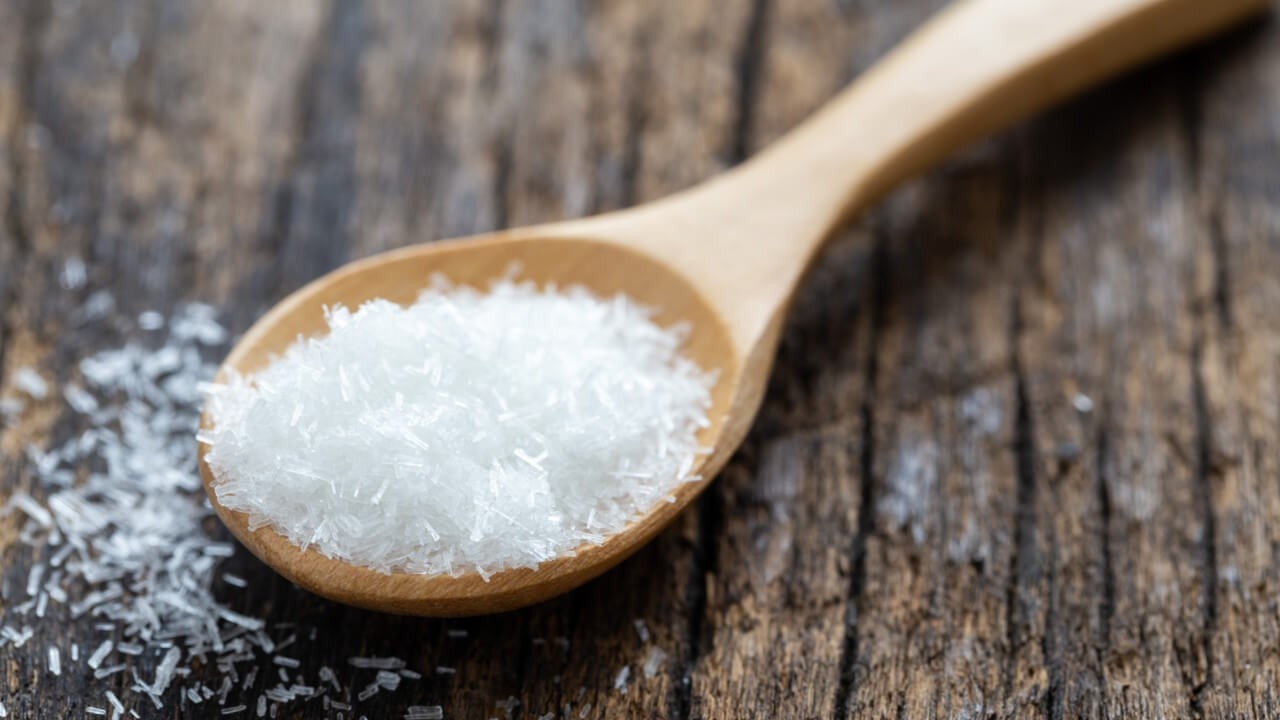KBW | Are Foods With MSG Bad For You?

What is MSG?
MSG stands for monosodium glutamate. Glutamate is actually an amino acid naturally present in the body, but MSG is a man-made chemical compound designed to give food an umami flavor.
Is MSG Dangerous?
Some of the negative symptoms of MSG ingestion that have been reported are: Hives, rashes, irritability, seizures, forgetfulness with simple words, mood swings, achy joints, pain, headaches, and migraines have been associated with MSG consumption.
So what does the science say?

We know that MSG acts on the glutamate receptors in the brain and releases neurotransmitters that play a vital role in normal physiological as well as pathological processes. Glutamate receptors have receptor types that are present across the central nervous system. They are especially numerous in the hypothalamus, hippocampus, and amygdala, where they control autonomic and metabolic activities.
Now here’s the deal: Results from both animal and human studies have demonstrated that the administration of even the lowest dose of MSG has toxic effects. A 2018 review by Naiz, Zaplatic, and Spoor discusses various studies on these effects, which you’ll find in the reference section if you’d like to read the full paper yourself.
The Damage MSG Can Cause

The average intake of MSG per day is estimated to be 0.3-1.0 g. These doses potentially disrupt neurons and might have adverse effects on behavior.
Insulin resistance and reduced glucose tolerance in rodents due to MSG consumption also raise concerns about the development of obesity in MSG-consuming humans.
MSG also causes hyper palatability of food, which can make food addictive, and that can result in overeating, and it can impact leptin levels by disrupting the hypothalamus, which leads to even more overeating.
In a study into the inflammatory profile of MSG-induced obesity, it was shown that MSG triggers micro-RNA expression of interleukin-6, and tumor necrosis factor-alpha, both of which are highly inflammatory. This, in turn, leads to enhanced insulin resistance and leptin concentrations in the circulation and, ultimately, an impaired glucose tolerance which can lead to obesity, type 2 diabetes, and metabolic syndrome. In the same study, the authors were able to demonstrate that MSG induces a significant decrease in liver transaminases, indicating hepatic damage.
But hey, why stop here? Animal models and human studies have both shown the toxic effect of MSG on the reproductive system too! There’s also a concerning connection between asthma and the consumption of MSG.
At this point in my research, I had to stop and sit back and wonder why this stuff is so controversial. And then I realized how much money and control the food industry has, and it started to make sense. I even watched a famous YouTuber Dietician’s video about MSG where she claimed it’s totally fine and healthy and you should eat it, and then I looked at the fine print and noticed the video she made was sponsored by a company that makes MSG. Bingo!
Where’s MSG Hiding?

MSG can be tricky to find in your food; it’s not always listed as MSG. Here are some other terms to look for when spotting MSG: processing aid, natural flavorings, maltodextrin, protein isolates, smoked flavoring, gelatin, imitation soy sauce, hydrolyzed or autolyzed protein, and more.
For the FULL list of hidden MSG, names download my free PDF guide of Hidden MSG Names.
The Bottom Line
Here’s the bottom line for me: There is currently so much evidence that points to it being damaging, and there’s literally no human requirement to eat MSG, so it’s a hard pass for me. It brings nothing to the table; it’s literally not necessary to consume it at all and has the potential to cause obesity, insulin and leptin resistance, liver damage, headaches, migraines, neurotoxicity, central nervous system issues, and reproductive malfunction. No, thank you.
Don't forget, if you want to find out where MSG may be hiding in your food, grab my free download here: Hidden MSG Names.
References:
Niaz, K., Zaplatic, E., & Spoor, J. (2018). Extensive use of monosodium glutamate: A threat to public health?. EXCLI journal, 17, 273–278. https://doi.org/10.17179/excli2018-1092
Are you ready to start feeling better?
My team and I are here to partner with you on your health goals.
Find out more about working with us here ↓

